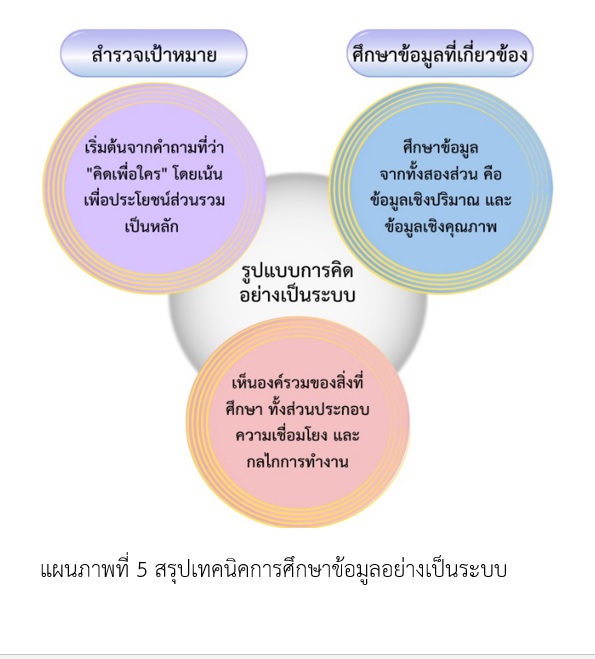Application of Work Principles 1 of King Rama IX : Systematic Data Study
Keywords:
Principles 1 of King Rama IX, Data Study, Application, SystematicAbstract
This academic article aims to study and present the Application of Work Principles 1 of King Rama IX : Systematic Data Study. It begins by analyzing the concept and philosophical interpretation. Subsequently, it proposes the application technique in three sequential steps: target exploration, study of relevant data, and systematic thinking patterns. In the final section, it evaluates the benefits of systematic data study to emphasize its importance in educational processes for students, learners, and interested individuals. This promotion aims to foster the perpetuation, preservation, and advancement of knowledge within Thai society. The study finds that when applying the first principle of working knowledge, which is "systematic data study," three considerations are essential: 1) exploring the objective, starting with the question "think for whom," emphasizing the general benefit as a priority. Clarifying what we aim for and need leads to studying and analyzing data in the next step. 2) Study of related data, divided into quantitative and qualitative data. 3) Systematic thinking patterns involve rethinking data or databases systematically for further analysis and synthesis with reasoning. This process maximizes the utility of obtained data.
References
สำนักงานคณะกรรมการพิเศษเพื่อประสานงานโครงการอันเนื่องมาจากพระราชดำริ (สำนักงาน กปร.). (2559). หลักการทรงงานในพระบาทสมเด็จพระเจ้าอยู่หัว. (พิมพ์ครั้งที่ 11). กรุงเทพฯ : สำนักงาน กปร.
Anderson, V. & Johnsons, L. (1997). Systems Thinking Basics. From Concepts to Causal Loops. Waltham, Mass : Pegasus Comm., Inc.
ธนากร สังเขป. (2556). การพัฒนาที่ยั่งยืน. (พิมพ์ครั้งที่ 2). กรุงเทพฯ : สํานักพิมพ์จุฬาลงกรณ์มหาวิทยาลัย.

Downloads
Published
How to Cite
Issue
Section
License

This work is licensed under a Creative Commons Attribution-NonCommercial-NoDerivatives 4.0 International License.



